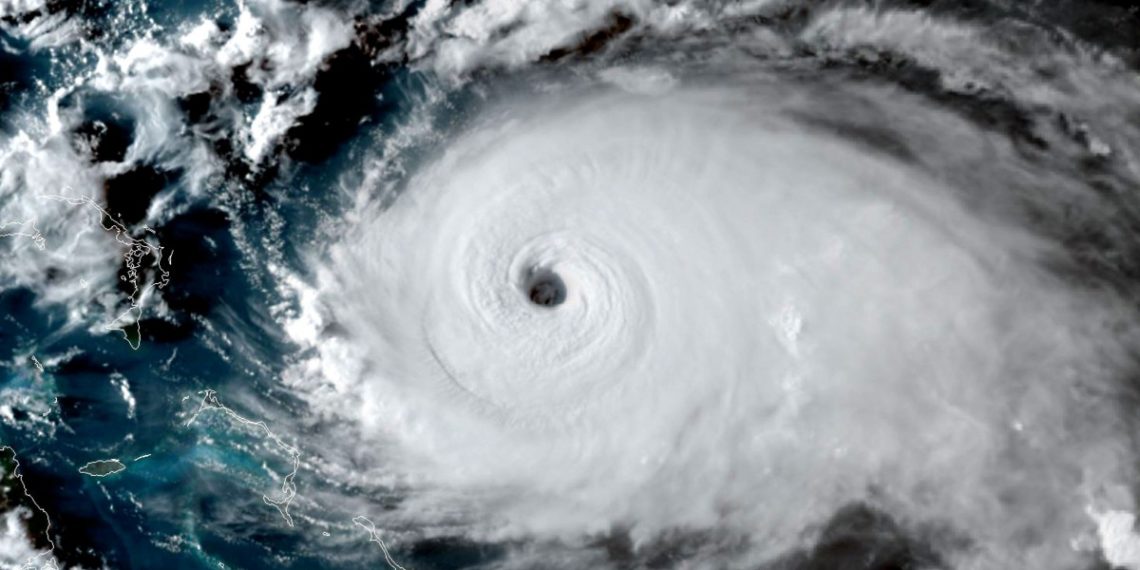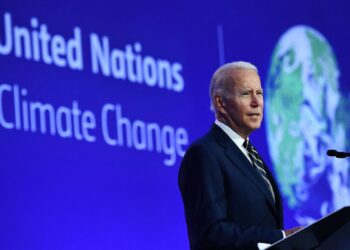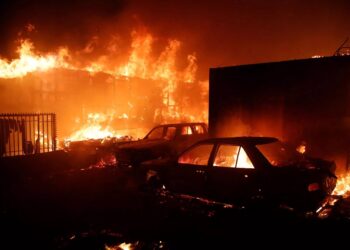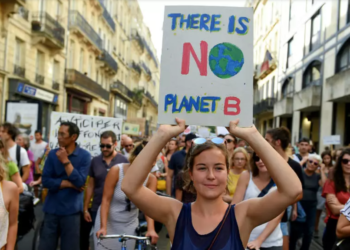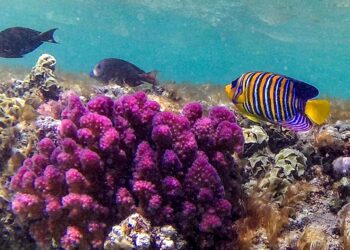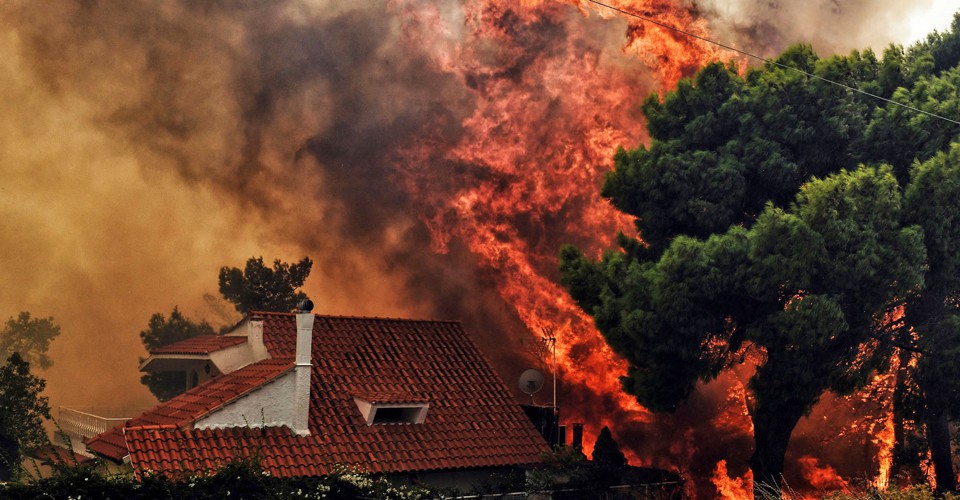Extreme weather events such as heatwaves, droughts, floods, and their consequences such as wildfires, are becoming noticeably more frequent and severe. After each extreme weather occurrence, the media is filled with voices repeating what was said after the last one, albeit with minor variations.
Australia has just experienced the worst half-season of bushfires in its history. In the beginning, in September, social media was peppered with suggestions that it was unprecedented and counter-suggestions that Australia has had similar bushfires before.
By November, as the fires continued, grew, and merged, the latter suggestions had fizzled out, replaced by politicians and pundits claiming that, while the blazes were indeed unprecedented, they could not be connected to climate change.
Australia’s Deputy Prime Minister Michael McCormack, for example, helpfully reminded us that the country had bushfires “since time began” – without mentioning that they’ve never been as big before – and that it’s only “inner-city raving lunatics” who connect them to climate change.
Climate Change and Extreme Weather
Up until about ten years ago, scientists might have agreed with McCormack, at least when talking about individual fires (or heatwaves, droughts, or storms), rather than a trend of increasing frequency or intensity of bushfires.
However, around the turn of the millennium, climate scientists started to realize that the relation between climate change and individual extreme weather events is a lot like the relation between smoking and individual lung cancers. Climate change is causing individual extreme events, but not always and not always in the same way.
RAW timelapse footage of the last few hours – Orroral Valley fire -Out of control #canberra #australia #AustraliaBurning #AustralianFires pic.twitter.com/akBjC8AIof
— Martin Ollman (@martin_o) January 28, 2020
The relation is “stochastic,” meaning that there is a pattern that may be understood statistically, which makes the extremes more likely, but never certain. That provides some cover for those wanting to deny any connection at all. But that cover only stretches so far, and for anyone familiar with the science of weather attribution, it’s now looking a lot more like a fig leaf than a heavy veil.
Science of Weather Attribution
What neither the loudest media nor the loudest politicians have absorbed yet is that a science of weather attribution has developed in the meantime, following on the science of disease attribution in medicine. It has been applying its methods to individual extreme weather events for at least a decade.
You can see for yourself by visiting worldweatherattribution.org, a consortium of climate science organizations from around the world. They provide summary reports of all varieties of academic publications assessing individual weather events going back to 2014.
The earliest publication in the field is climate scientist Myles Allen’s 2003 Liability for Climate Change in the journal Nature, which lays out a probabilistic method for attributing events to climate change that has been refined and applied as Fraction of Attributable Risk (FAR). It’s based upon similar methods in epidemiology and medicine.
FAR is used to attribute a portion of the responsibility of any extreme weather event to climate change. The fractions of attributable risk – for example, the severity of floods, length of droughts, or length and heights of heatwaves – range from above 0.99 down to zero to below zero for events made more unlikely by climate change, since they occur as well.
For a thorough explanation of this technique, please see my article How Extreme Weather Events Are Attributed to Anthropogenic Global Warming.
Australia’s Bushfires
The Australian bushfires have yet to be assessed using this technique. After all, it requires estimating the probability of the event in question, both on the premise of human-induced climate change and on the opposite assumption of natural variation being their only cause, making it a significant research task.
Despite the complexity, the World Weather Attribution Organization has promised to publish such an analysis at the beginning of February, that is, within weeks. You can tune in to that and try to think seriously about what we need to do to avoid these events becoming more and more normal.
Of course, some will prefer to watch rightwing pundits and politicians attempting to stretch fig leaves beyond their breaking point. At least, that has some entertainment value.
Disclaimer: The views and opinions expressed here are those of the author and do not necessarily reflect the editorial position of The Globe Post.

